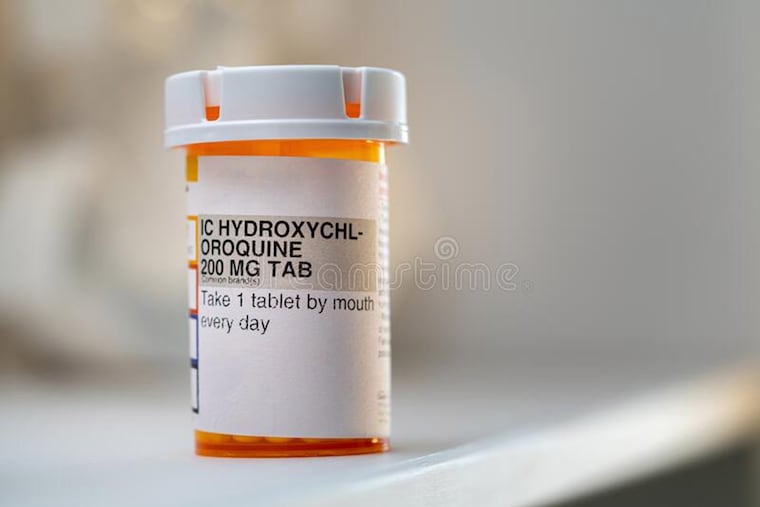8 takeaways on the latest updates in COVID-19 treatment | Expert Opinion
Let’s look at some of the latest information about treatment, prognosis and why some people are saying no to the vaccine.

In medical school, young doctors are taught to follow the science. They learn the difference between an anecdote and the results of good, high-quality studies. Anecdotes can be influenced by coincidence, or chance. Trials use the power of statistics to look at how a treatment can affect large groups of people.
When the COVID-19 pandemic hit, it was natural to rely on anecdotal stories to arrive at treatment decisions, as no other information was available. It was a scary time, and anything that seemed to work was worth a try. We know more now and several recent trials have helped to clarify whether treatments work or are ineffectual.
Most important, a vaccine is now available that can prevent the virus from causing severe illness. Science shows that the vaccine is safe and effective. Yet, Americans are either delaying getting it or refusing it.
Let’s look at some of the latest information about treatment and prognosis, and why some people are saying no to the vaccine.
1. Taking hydroxychloroquine and azithromycin, two popular therapies at the beginning of the pandemic, has been associated with a higher risk of death. Do not take these medications to treat COVID-19.
2. ACE (angiotensin-converting-enzyme) inhibitors and ARB (angiotensin receptor blockers) are blood pressure medications initially thought to hurt prognosis, which caused some patients to discontinue their use out of fear. They have now been shown to decrease the chance of death. Do not stop taking your blood pressure medications if you have COVID.
3. Use of statins and another blood pressure medication called a calcium channel blocker are also associated with a lower chance of dying. Do not stop taking your statin if you think you have COVID-19.
4. Taking vitamin D supplements may help. Several studies have shown that having a low vitamin D level correlates with a higher risk of getting the virus. Vitamin D deficiency can be evaluated with a simple blood test.
5. If you are older, especially over 80, then the risk of dying is higher, especially men who live in a nursing home setting. This group needs to be vaccinated quickly.
6. Racial and ethnic minorities bear the highest burden of illness and death from COVID-19. Black and Hispanic people are 4.7 and 4.6 times more likely to be hospitalized from COVID compared with whites. They need to be quickly vaccinated.
7. Wearing a mask and hand-washing have been shown again and again to be important in decreasing your risk of contracting COVID.
8. A vaccine is vital to slow and eventually stop the pandemic. It will likely take a 70% vaccination rate of the American population to achieve so-called herd immunity. The science behind the vaccine is impeccable. Yet, vaccine hesitancy is an issue.
A recent study showed that 31% of Americans were considering not getting vaccinated. These rates were highest for women, Blacks, Hispanics, and those with conservative political views. Reasons cited include fear that the vaccine will not be safe, won’t be effective, lack of insurance or financial resources, or thinking they are immune because they already have had it.
In a similar study in JAMA looking at past vaccination rates for the flu, Black and Hispanic people did not get vaccinated because of distrust of the medical system due to a history of discrimination and concern of past incidences of medical experimentation. The first step is to develop communication to better explain why vaccination is so much more effective than getting this potentially deadly disease. Fixing the distribution process will help raise confidence. Only then can come improved strategies to educate about both the vaccine and the distribution process geared to the populations who are both the most suspicious and at risk.
David Becker is a board-certified cardiologist with Chestnut Hill Temple Cardiology in Flourtown. He has been in practice more than 25 years.